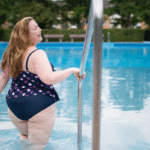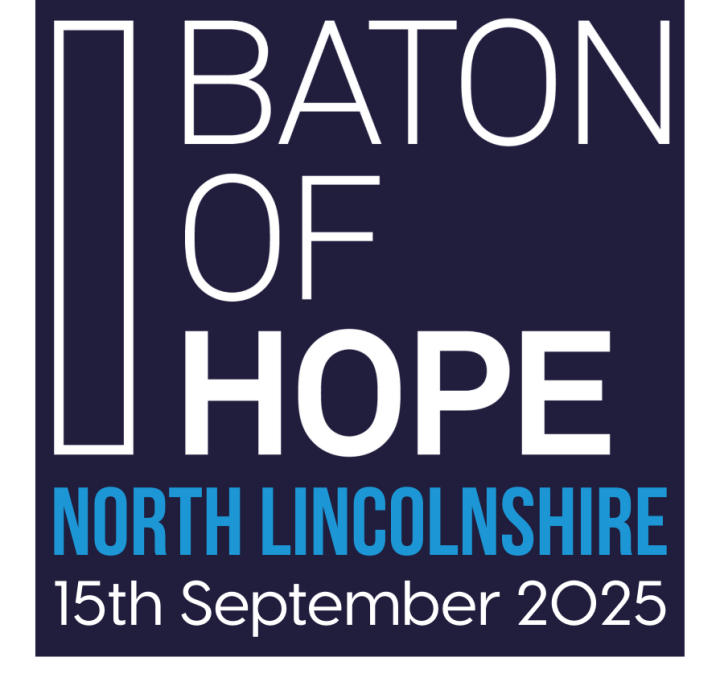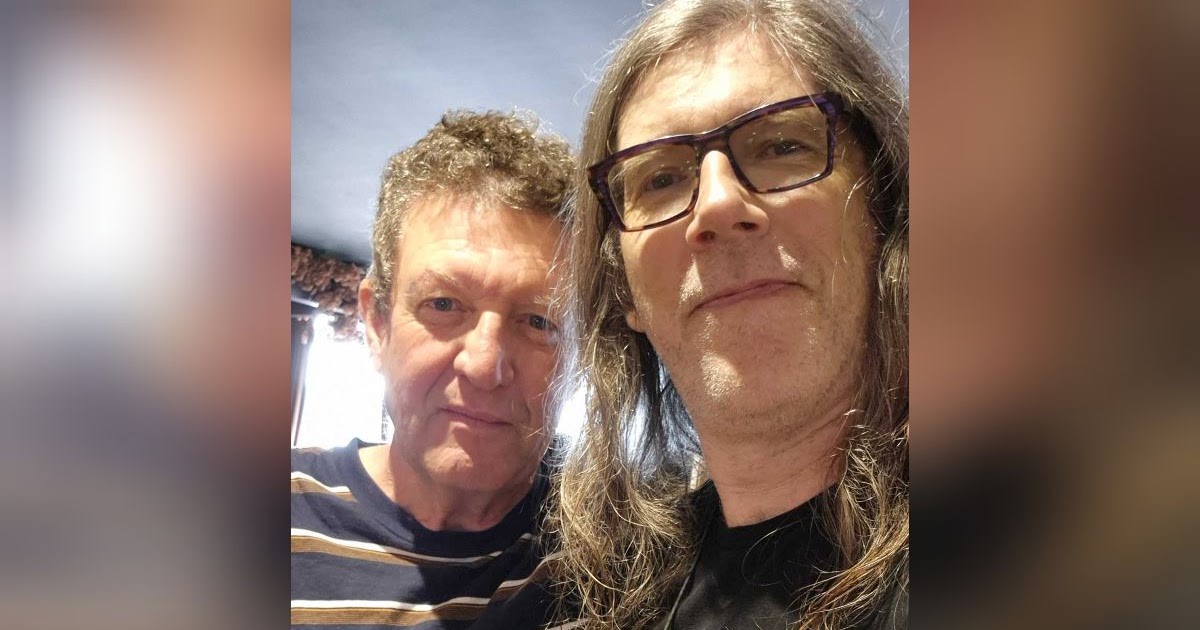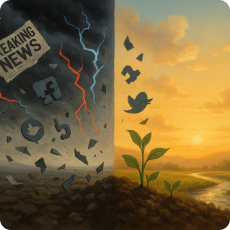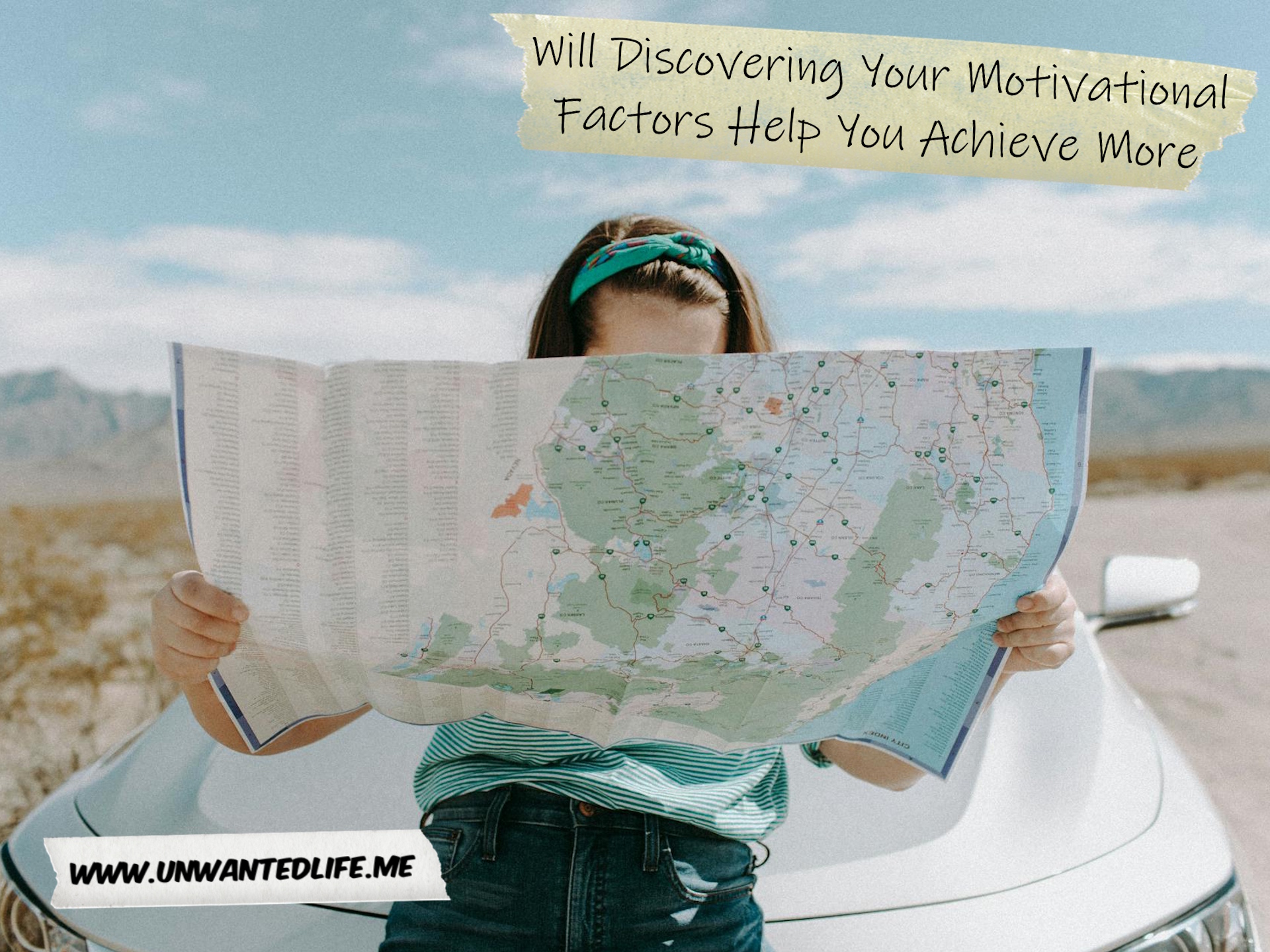
Life had always felt incredibly difficult. I often felt like an observer rather than a participant in this world, and that things were more challenging for me than for others. Despite this sense of knowing, I spent years de-validating my pain, chastising myself into an acceptance that everyone has challenging lives and my life was nothing special or worthy of more support than the next. On 22nd June 2021 at age 45 I learned that my experiences and feelings had been valid, and my life had in fact been more difficult than for most other people. I learned that I was Autistic.
Being Autistic and living in a world created by and for Allistic (non-Autistic) people is incredibly difficult. Autistic people experience greater whole life stress than Allistics, and as the research illustrates, stress compromises human existence. It can move us closer to mental health crisis, and closer to suicide. Knowing that I was (and always have been) Autistic, helped me to understand my pain and that it had been valid. It also helped me to manage the suicidal thoughts I have lived with since adolescence. I now had an explanation ‘living in this world is inhospitable for an Autistic’ rather than ‘I am a faulty broken human being’. This simple knowing has diffused the thoughts. I still experience them from time to time, but they now have less power, and I am safer from them. The diagnosis saved my life.
Publishing my story and exploring Autism since my diagnosis has taught me that I am not alone, and many Autistic people have experiences around suicide. The statistics on Autism and suicide are nothing short of tragic, but I wholly believe they are not inevitable, and we can do something about them.
- Autistic adults with no learning disability are 9 x more likely to die by suicide than the general population. This goes up six-fold if the Autistic person has an IQ over 120.
- It is the second leading cause of death for autistic people. Average life expectancy for autistic people is just 54 years old. (Swedish study of over 27,000 cases).
- Up to 66% of autistic adults have considered suicide.
- Adult autistics significantly more likely to die by suicide than the general population. Autistic people make up 41.4% of suicides.
- Suicide attempts tend to be more aggressive and lethal.
- Autistic children are 28 x more likely to think about or try suicide.
- Autistic women are 13 x more likely to die by suicide than Autistic men. A gender paradox exists in Autism.
- One study showed that 15% of autistic children had suicidal thoughts compared to 0.5% of typically developing children.
- In the 86 days leading up to the first Lockdown and up to the 56 days after ¼ of young people who died by suicide were autistic or had ADHD.
When an ‘at risk’ group which makes up just 1-2% of the population is showing up in suicidal thoughts, attempts, and suicides at these rates, something is going very wrong for that group, and support is needed.
The reality of suicide loss hit home more personally for our family on 13th March 2024 when my daughter’s 22-year-old cousin, Alex Conley, ended her life from the pain that became a suicide. The ripple effect was momentous, with so many impacted emotionally. The lives of Alex’s parents and those closest to her will never be the same again.
I believe pain follows the laws of physics in as much as we recompense in equal measure to the pain experienced, whether that is positively or negatively. Alex family started to direct their pain positively and to ask the positive questions many who are bereaved by suicide ask… “What can we do to change this, so it doesn’t happen to any other family?” Alex was a property investor, dancer, and social media influencer, which led to “How can we use Alex’s public influence to bring about positive change?” These questions are still being asked, and are by no means fully answered yet, but it is clear that there is a significant willingness amongst those close to her to engineer positive change from the loss, and for Alex’s memory to live on through some form of legacy. One of the first positive decisions made by Alex’s mum was to facilitate a Suicide First Aid Lite course, delivered by my training company Mind Matters in their local community, and to invite some of Alex’s friends along with other community members who could make use of the skills in their work and communities. The Dearne Valley locality where Alex had lived is sadly an area of South Yorkshire with disproportionate rates of suicide in young men.
My unfettered belief that suicide is not an inevitable part of our society, including for the Autistic community, remains unchanged in spite of our loss. Alex is my own reason to continue doing what I do. Pre-Autism diagnosis, I would have asked ‘Why me? Why should I be entrusted with this baton? Today I write knowing that the question should be ‘Why not me?’. When I carry the Baton of Hope on 15th September, I am deserving and will be a holder of hope that change is possible for everyone, Autistic or otherwise.
When a pebble is thrown into water it ripples, but if another pebble is thrown to the side of it, the first ripple is met with resistance. This resistance is suicide awareness, prevention, intervention, and postvention. Out of tragedy can come hope.
